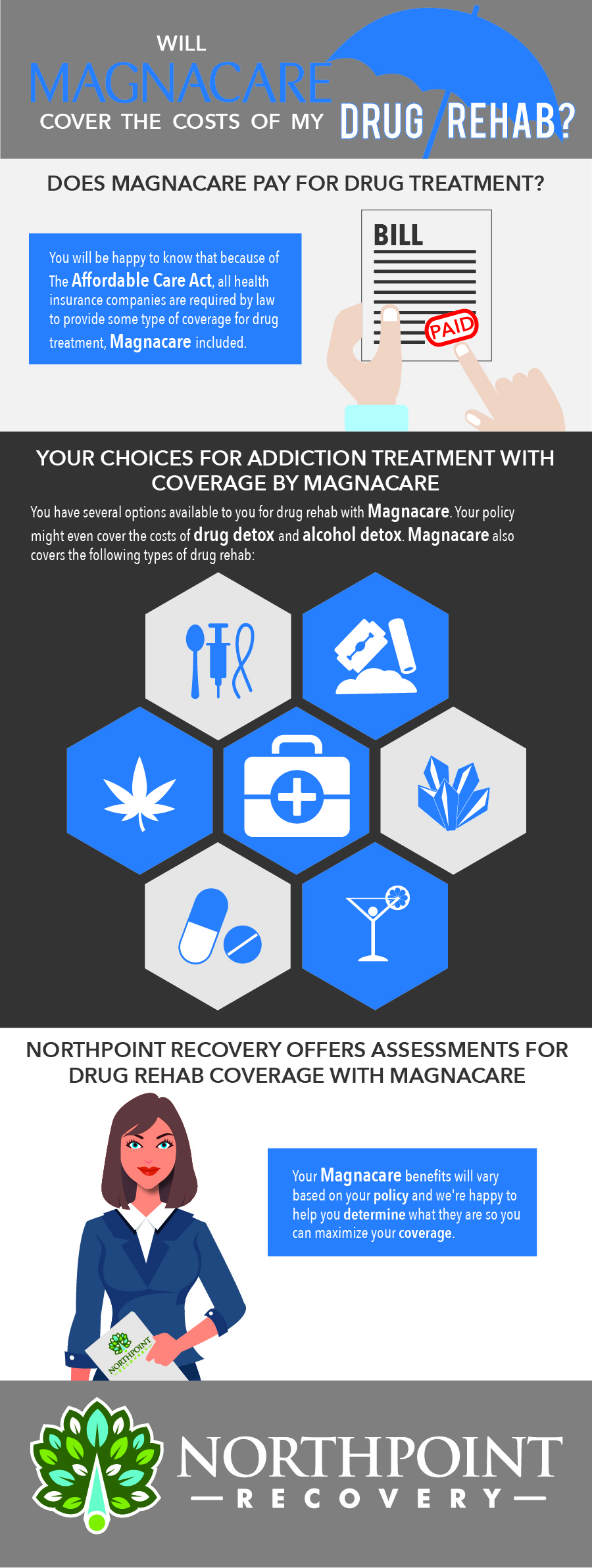Why Aftercare In Drug Rehabilitation Is Vital For Long-Lasting Recovery. Discover How Support Group Can Help You Stay Sober And Develop A Satisfying Life
Why Aftercare In Drug Rehabilitation Is Vital For Long-Lasting Recovery. Discover How Support Group Can Help You Stay Sober And Develop A Satisfying Life
Blog Article
Web Content Develop By-Thrane Butcher
You can not do it alone. Recuperation from drug dependency needs a strong support group.
The relevance of aftercare in drug rehabilitation can not be overstated. In this post, we will discover the function of counseling, the advantages of therapy, and the foundation supplied by peer support system in maintaining sobriety.
So, get a cup of coffee, kick back, and allow us assist you through the critical steps of post-rehabilitation support.
The Function of Therapy in Aftercare
If you want to preserve your sobriety after leaving rehabilitation, it's critical that you continue taking part in therapy sessions as part of your aftercare strategy.
Therapy plays a crucial role in your recuperation journey by providing ongoing assistance, assistance, and a secure area to express your feelings and worries.
http://alesha5pasquale.jigsy.com/entries/general/-7-Warnings-That-Indicate-You-Might-Benefit-From-Chemical-Abuse-Therapy , you can address any kind of underlying issues that might have contributed to your addiction, create coping methods, and learn healthier methods to take care of stress and anxiety and cravings.
https://www.newswire.com/news/rescheduled-ribbon-cutting-for-calvert-county-based-avenues-recovery-21627635 allows you to resolve any kind of unsolved feelings and establish a far better understanding of yourself and your triggers.
The Benefits of Therapy in Keeping Soberness
To preserve your sobriety, treatment can offer countless benefits.
- Therapy provides a secure space for you to explore and attend to the underlying issues that might have contributed to your dependency.
- It allows you to resolve your emotions and create healthier means of taking care of stress and anxiety and activates.
- With therapy, you can gain a far better understanding of yourself and your patterns of behavior, which can aid you make positive modifications in your life.
- Additionally, therapy gives you with a support group of specialists that are educated to guide and help you on your trip to recovery.
- They can use valuable insights, tools, and methods to help you browse the challenges that may emerge.
- In treatment, you can learn to establish healthy coping abilities, develop strength, and improve your total well-being.
Peer Support Groups: A Foundation for Lasting Healing
You can discover lasting healing by actively taking part in peer support system and connecting with others who share similar experiences and goals.
Peer support system provide a safe and non-judgmental space where individuals in recovery can collaborate to share their battles, successes, and understandings. By actively taking part in these groups, you can get the support and encouragement you require to stay on the path of healing.
Connecting with others that have actually undergone similar experiences can be extremely empowering, as it helps you understand that you aren't alone in your trip. It likewise allows you to gain from others that've successfully overcome similar difficulties. Together, Best Miami Rehab White Sands inpatient alcohol rehab Miami 33101 can celebrate turning points, hold each other responsible, and deal assistance and recommendations.
With these connections, you can construct a solid support group that will assist you navigate the ups and downs of recovery and ultimately find enduring healing and improvement.
Conclusion
You have actually discovered the essential function of aftercare in drug rehabilitation. Therapy, therapy, and peer support groups add to lasting recuperation. Here's https://zenwriting.net/melania7758ethan/treatment-plays-a-critical-function-in-drug-addiction-treatment-using to realize the magnitude of the concern: studies reveal that people that receive aftercare therapy are 50% most likely to maintain soberness contrasted to those who do not.
So, envision the transformative power of these support group in helping individuals redeem their lives and develop a brighter, drug-free future.
